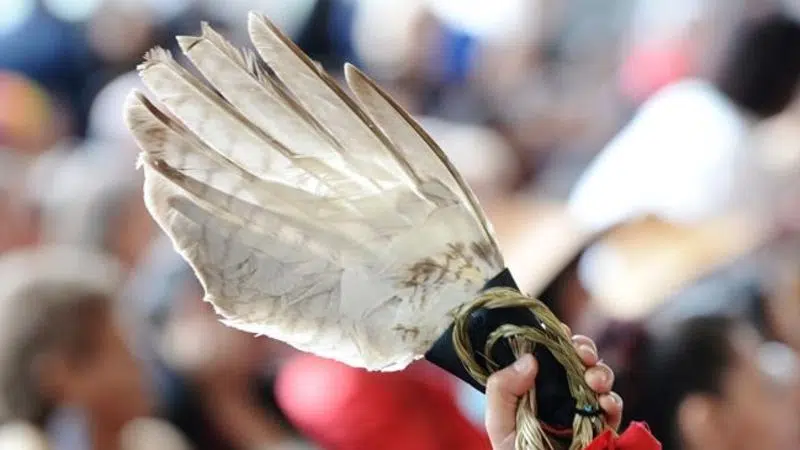
Indigenous police chief calls for governments to implement MMIWG recommendations
MONTREAL — The head of the First Nations Chiefs of Police Association is calling on Ottawa and Quebec to address the chronic underfunding of Indigenous police forces outlined in this week’s report of a national public inquiry.
Dwayne Zacharie says the lack of funding for First Nations police forces is a long-standing problem that needs to end.
“First Nations communities deserve to have the same service that everyone else is getting,” said Zacharie, who is also the chief Peacekeeper for the Mohawk community of Kahnawake on Montreal’s South Shore.
